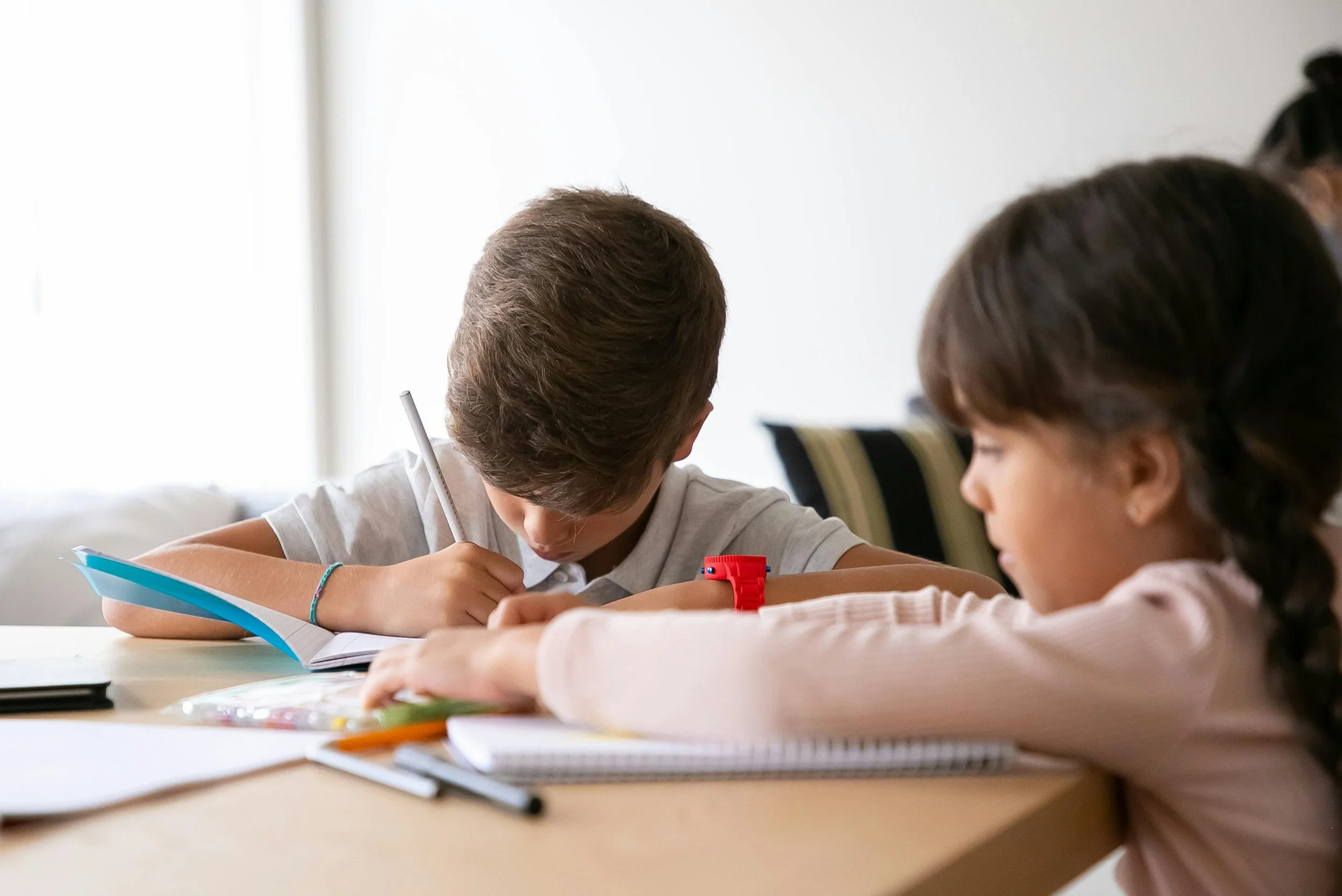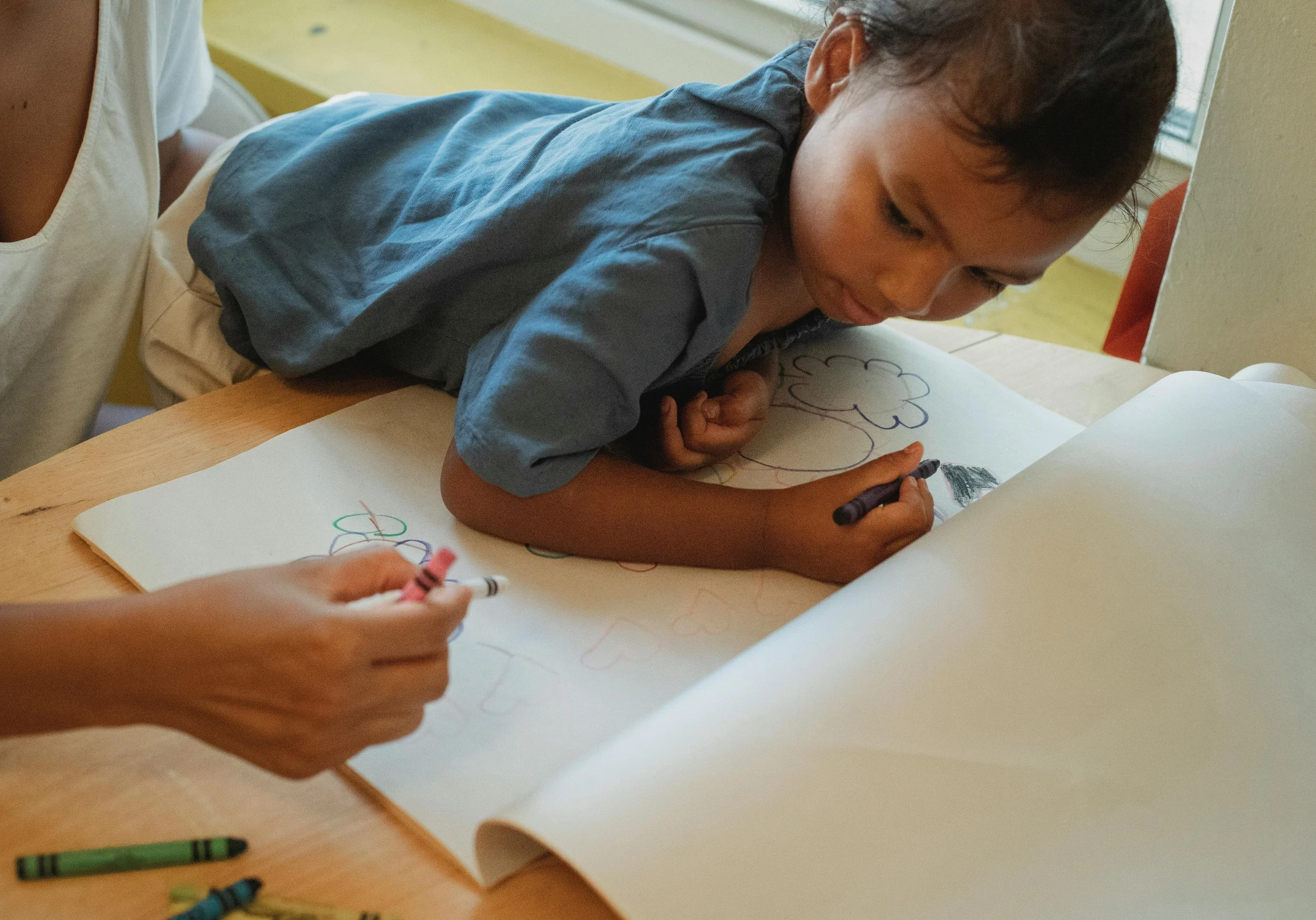The Webb Blog
Providing expert insights, practical strategies, and valuable resources, this blog is here to guide parents through every step of the psychological testing process. Discover tools to support your child’s well-being, understand their unique needs, and foster their development with confidence and care.
Featured Posts

Supporting Your Child’s Nervous System During the Holidays
The holidays bring joy, excitement, and—often—more sensitivity in kids. Shifts in routine, sensory overload, and changing environments can make emotions feel bigger and bodies feel less settled. This post explores why that happens and offers gentle, realistic ways to support your child (and yourself) through a season that asks a lot of everyone.

Independent Educational Evaluations (IEEs) for Children: A Parent’s Guide to Advocacy, Assessment & Support
Wondering if your child’s school evaluation tells the full story? An Independent Educational Evaluation (IEE) can provide clarity, uncover hidden strengths, and guide meaningful support at school and home. Learn what to expect from the process, why families pursue IEEs, and how they empower parents to advocate confidently for their child.

Culturally Responsive Therapy & Assessments for BIPOC Children and Families
Every child grows up at the intersection of family, culture, and community, and these influences shape how they learn, express emotions, and navigate the world. For BIPOC children, these layers can be even more complex, with language, traditions, and systemic barriers all playing a role. In this post, we’ll explore why understanding a child’s cultural context is essential in both therapy and assessment.

How Therapy and Psychological Testing Can Work Together to Support Teens & Young Adults
If your child struggles with ADHD, anxiety, learning difficulties, or social challenges, psychological testing can provide clarity—but that’s just the start. Discover how combining testing with therapy creates a path toward lasting confidence, skills, and growth.

Supporting Your Child with Test Anxiety: Understanding Reasons & How Assessments Can Help
Test anxiety can make school and assessments stressful for children, especially those who are neurodiverse. Discover why anxiety happens, practical ways to support your child, and how neurodevelopmental assessments provide clarity, uncover learning differences, and help children approach tests with confidence.

Beyond the Labels: Understanding the Full Spectrum of Neurodevelopmental Assessments
Neurodevelopmental assessments aren’t just about labels—they’re about understanding your child’s unique strengths, challenges, and potential. Learn what testing looks like, how it helps with ADHD, ASD, learning differences, and more, and what you can expect during the evaluation process.

5 Signs Your Child’s Anxiety Might Be Masking Something Deeper
Sometimes, what looks like anxiety on the surface can be a sign of something more complex happening beneath. If you’ve noticed your child struggling with worry, avoidance, or intense reactions that don’t quite add up, this post will help you understand when anxiety might be masking neurodevelopmental or learning differences—and how a thoughtful psychological assessment can help

From Testing to Therapy: Supporting Your Child Beyond the Diagnosis
We’re very excited to announce that our team will now be offering therapy services alongside our psychological and neurodevelopmental testing! For children, teens, and young adults, therapy provides the ongoing support needed to move beyond diagnosis and build real understanding, healing, and growth.

Understanding Executive Function in Kids: When to Consider Testing & How it Can Help
If you’ve noticed your child struggling with organization, focus, or emotional control, you’re not alone—and understanding what’s really going on can feel overwhelming. Whether you’re navigating concerns about ADHD, anxiety, or learning differences, this post explores executive function in kids, why it matters, and how testing can provide the insights families need to support their child’s unique strengths and challenges.



